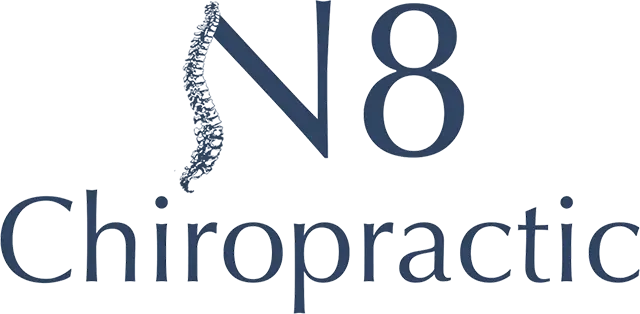Whiplash is a common neck injury that typically occurs in motor vehicle accidents, sports injuries, or falls. While many recover within a few weeks, others may experience persistent symptoms that significantly affect their quality of life. Understanding the long-term effects of whiplash injuries can be crucial for patients, medical professionals, and anyone involved in preventive measures and rehabilitation.
What Is Whiplash?
Whiplash is a neck injury that arises when the head is suddenly jerked forward and backward. This abrupt motion can strain the muscles, ligaments, and tendons in the neck, resulting in pain, stiffness, and other symptoms. Whiplash is classified as a soft tissue injury, which may not appear on standard imaging tests such as X-rays, making diagnosis challenging.
Long-Term Effects of Whiplash
While many individuals recover from whiplash without long-term complications, some may experience lingering effects. Here’s a detailed look at the potential long-term consequences:
1. Chronic Neck Pain
Many patients report ongoing neck pain that persists for months or even years after the initial injury. This chronic pain can affect daily activities and quality of life, leading to frustration and distress.
2. Reduced Range of Motion
Individuals may develop a limited range of motion in their necks, making it difficult to turn or tilt their heads fully. This can impact not only physical activities but also daily routines like driving or even checking side mirrors.
3. Psychological Effects
The pain and disability caused by whiplash can lead to psychological issues such as anxiety and depression. Coping with chronic pain can severely impact mental health, leading to a decline in overall well-being.
4. Development of Other Conditions
Chronic whiplash can predispose individuals to other musculoskeletal issues, such as arthritis in the cervical spine, which may develop over time due to altered biomechanics and chronic stress on the neck structure.
5. Impact on Daily Activities
Whiplash injuries can hinder individuals’ ability to perform routine tasks, affecting their employment and personal relationships. Many patients adjust their lifestyles, often avoiding activities they once enjoyed.
Seeking Treatment for Whiplash
If you’re experiencing symptoms of whiplash, consider consulting a healthcare professional specializing in treating such injuries. Chiropractic care, physical therapy, and pain management techniques can effectively address acute and chronic symptoms.
Those interested in chiropractic solutions can explore the services offered at N8 Family Chiropractic, where professionals can tailor a comprehensive treatment plan to alleviate pain and restore function.
Final Thoughts
Whiplash injuries may seem minor, but their long-term effects can be detrimental if not appropriately addressed. Early intervention, personalized care, and ongoing support can help mitigate these risks and improve recovery outcomes. If you suspect you have a whiplash injury, don’t hesitate to seek help. Your health and well-being deserve attention and care.
Remember, recovery is a journey; having the right support system can make all the difference.
References:
https://www.jmptonline.org/
https://www.health.harvard.edu/
https://www.acatoday.org/Patients/Health-Wellness-Information/Whiplash






